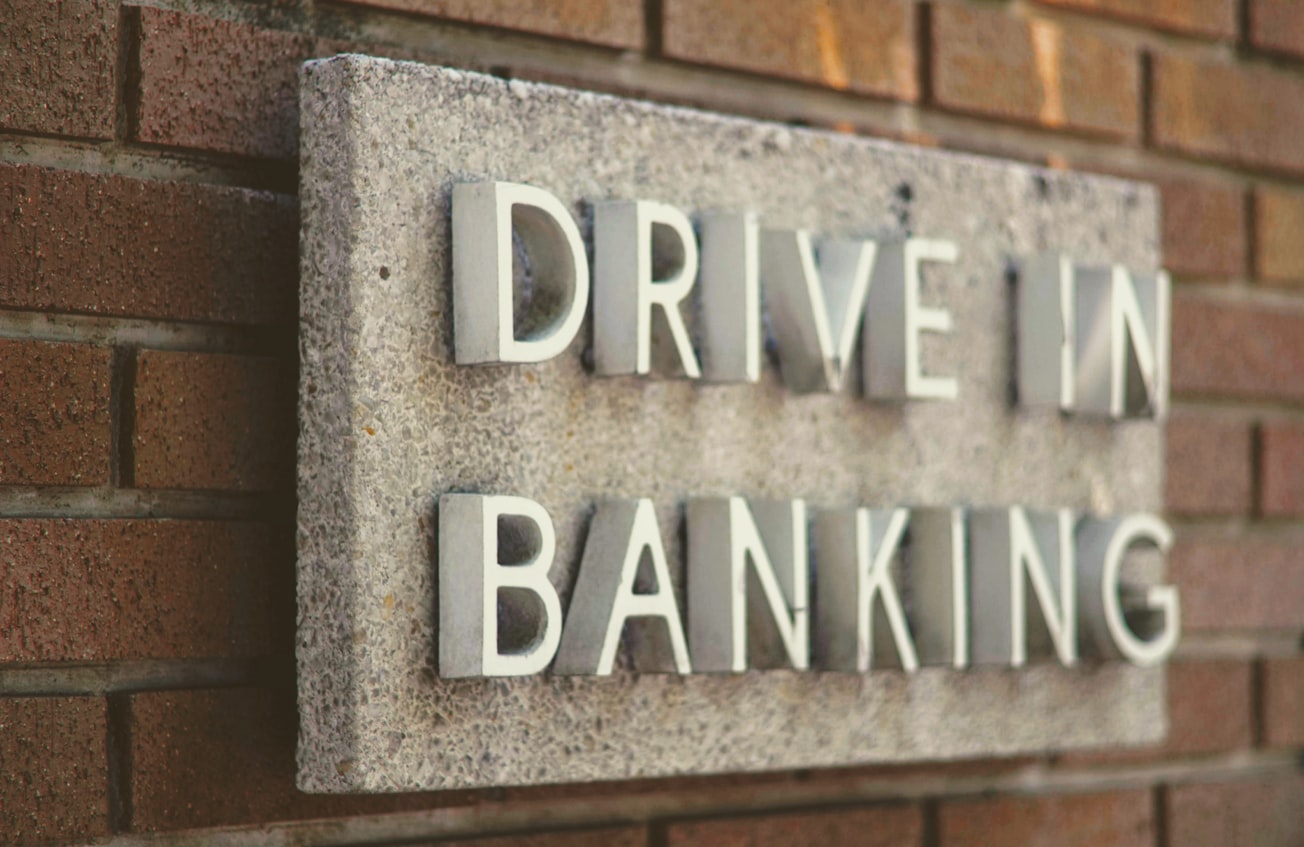What is it about?
We find that efficient judicial system (i.e., speedy and less costly court proceedings, lower procedural complexity in court processes, and higher recovery rates under bankruptcy law) lead to a higher likelihood of firms being encouraged to apply for bank credit. These results are more pronounced in countries with strong creditor protections in relation to company reorganization and liquidation. The results corroborate the view that strong creditor rights and their efficient enforceability alleviate banks’ participation constraints in the loan market, thereby encouraging small and medium-sized enterprises to apply for credit in the first place. We also find that differences in institutional settings, such as higher regulatory quality, lower perception of corruption in government institutions, and the rule of law, lead to lower incidence of credit self-rationing in the loan market.
Featured Image

Photo by Joshua Hoehne on Unsplash
Why is it important?
No previous studies have examined a direct link between the judicial system and the perception of credit access through the lens of borrower discouragement. We show that cross-country differences in the quality of legal enforcement mechanisms influence variations in the likelihood of borrower discouragement. This study is innovative in using a multidimensional construct of the institutional environment, capturing the country’s characteristics more holistically as, in addition to the law and judicial enforcement, we incorporate political, social, regulatory environments, indicators of corruption, and government effectiveness. We show that the quality of the institutional environment reduces the risk of credit self-rationing
Perspectives
Credit self-rationing, a self-perceived notion that firms are discouraged from applying for bank loans because of fear of rejection, constitutes a significant proportion of firms in the economy. This may lead to an inefficient allocation of resources in the loan market, resulting in less than the optimal level of investment. This research greatly improves our understanding of how the judicial system, rule of law, and creditor rights not only influence the demand side of access to finance but also encourage banks and financial institutions to extend credit from the supply side.
Safiullah Khan
Universiti Teknologi Brunei
Read the Original
This page is a summary of: The
ex‐ante
Effect of Law and Judicial Efficiency on Borrower Discouragement: An International Evidence, Asia-Pacific Journal of Financial Studies, April 2021, Wiley,
DOI: 10.1111/ajfs.12334.
You can read the full text:
Contributors
The following have contributed to this page










